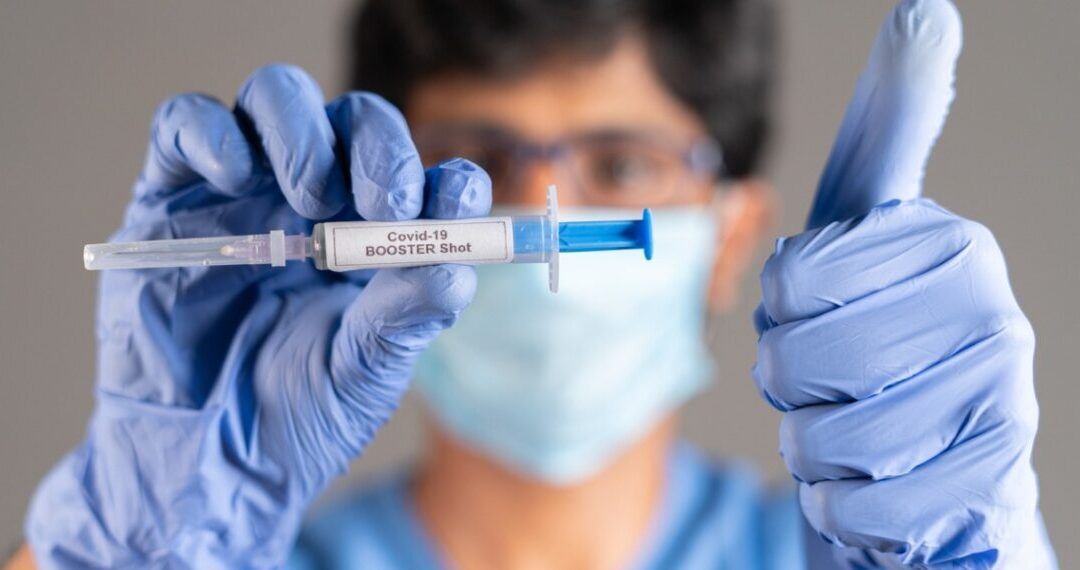Parkinson’s Disease
What is Parkinson’s Disease?
In Parkinson’s disease, the cells present in the substantia nigra start dying, and it results in reduced dopamine levels. When it drops by 60-80 per cent, the early symptoms of the neurological disorder starts showing up.
Causes of Parkinson’s
The cause of Parkinson’s is not clear yet, but several factors contribute to playing a role, such as:
- Genes: Specific genetic mutations can cause the disorder in some individuals. However, the factor is rare and needs more validations from experts.
- Environmental triggers: Some toxins in the environment or certain environmental factors may result in a higher risk of Parkinson’s disease at a later stage of life.
- Presence of Lewy bodies: These are clumps of some particular substances present within the brain cells that are minute markers of the neurological disease.
All in all, the most noted causes of Parkinson’s disease are related to various changes occurring in the brains of individuals.
Symptoms of Parkinson’s
The early symptoms of Parkinson’s show up before the motor issues arise. Some of the signs and symptoms are:
- Constipation
- Reduced ability to smell
- Voice changes
- Stooped posture
- Small and cramped handwriting
- Four main motor problems that are noticed are:
- Tremors
- Slow movements
- Problems with balance and tendency to fail
- Stiffness of legs, arms, and trunk
Some of the secondary symptoms of Parkinson’s disease are:
- Blank facial expression
- Muffled, low-volume speech
- Tendency to get stuck while walking
- Reduced arm swinging while walking
- Tendency to fall backwards
- Decreased blinking and swallowing
Other, more severe symptoms may include:
- Depression
- Anxiety
- Depression
- Psychosis
- Hallucinations
- Higher risk of melanoma
- A serious type of skin cancer
- Sleep disturbances that involve vivid dreams, movement, and talking while asleep
- Seborrheic dermatitis (flaky white or yellow scales on oily parts of the skin)
- Difficulty with visual-spatial relationships
When to see a doctor
Staying healthy
Doctor’s guide
Yashoda Hospitals Somajiguda
Rajbhavan Road, Somajiguda, Matha Nagar, Hyderabad, Telangana.
500082
Mallela Clinic
Mallela Clinic, Street No 4, Vijay Nagar Colony, Hyderabad, Telangana.
500057
P: +91 9908 600 004
M: drmvraomallela@gmail.com
Copyright © 2021, Drmvrao. All rights reserved.



